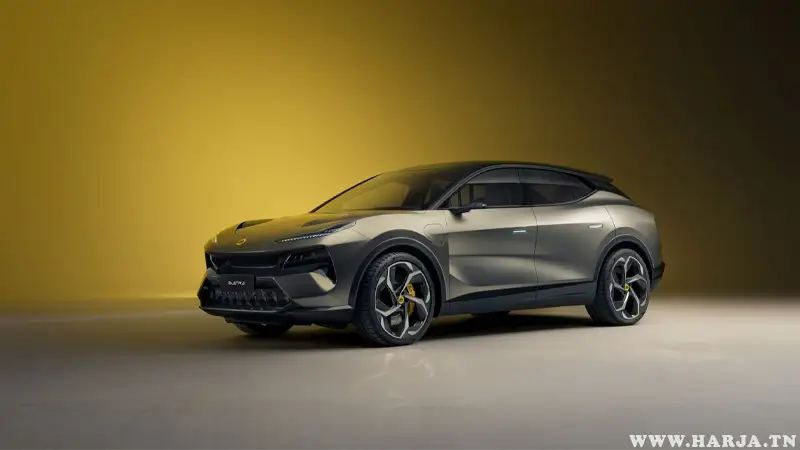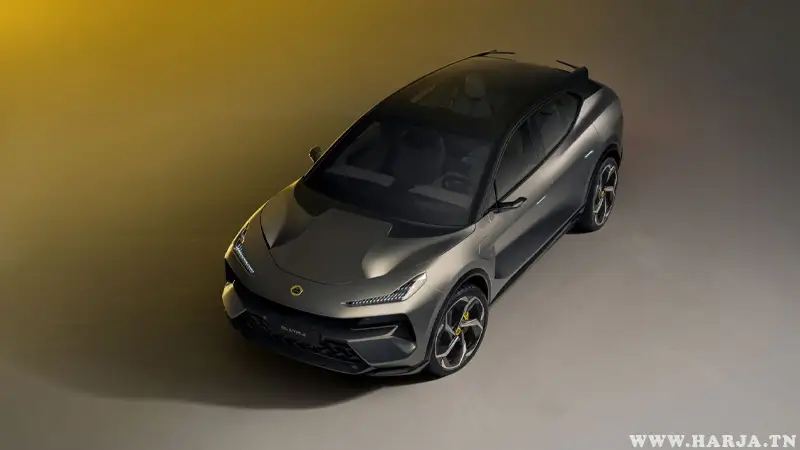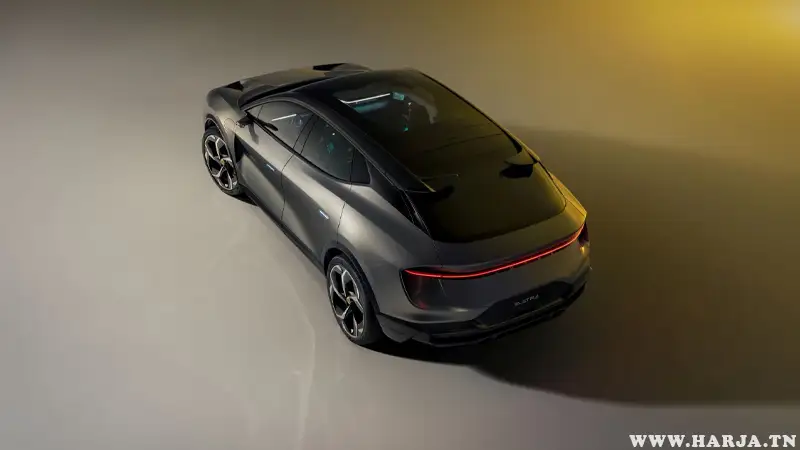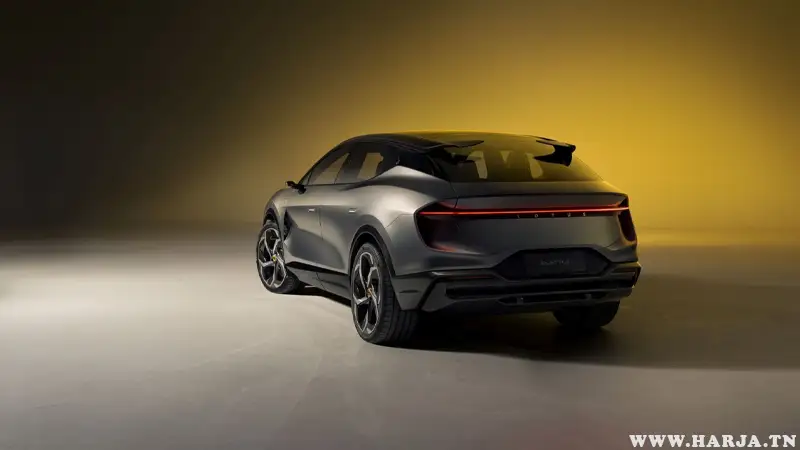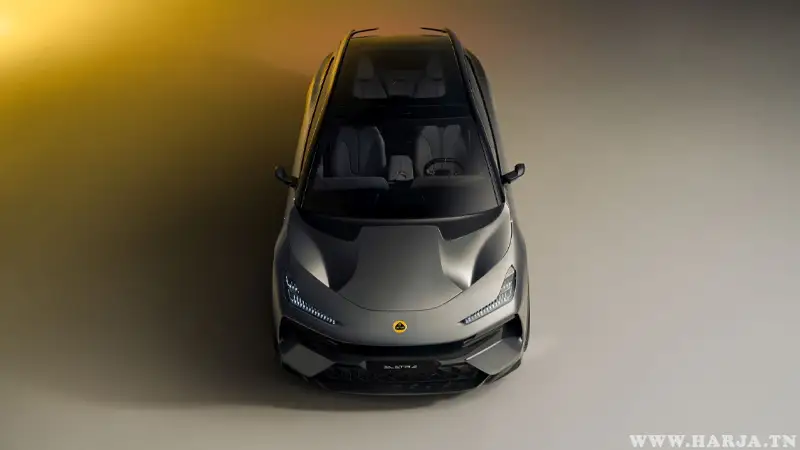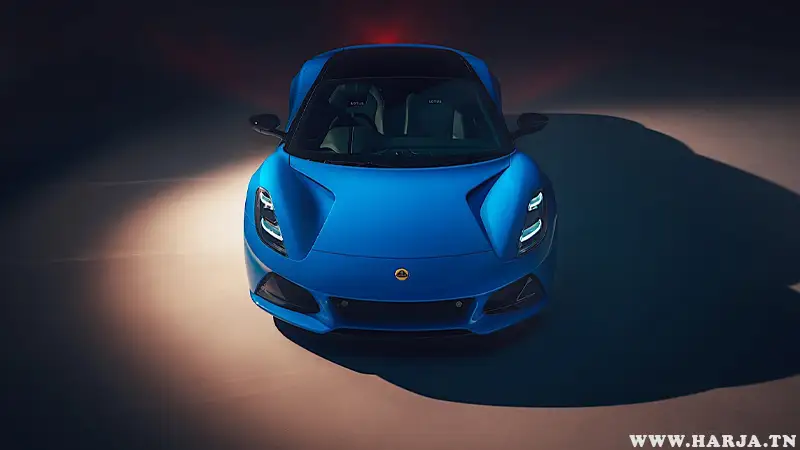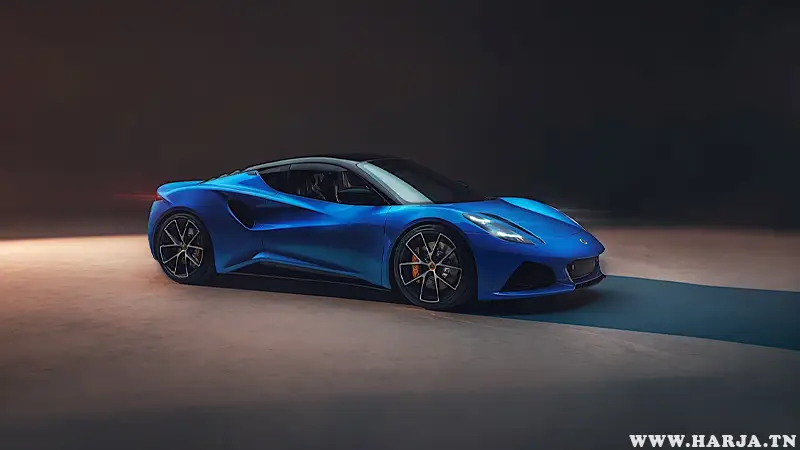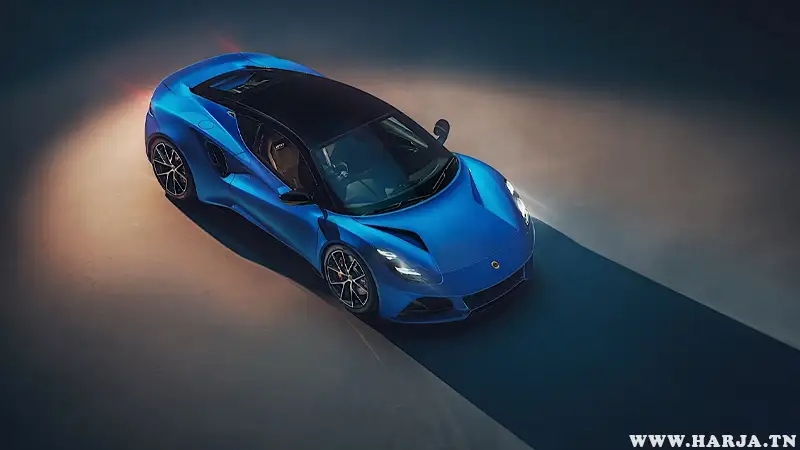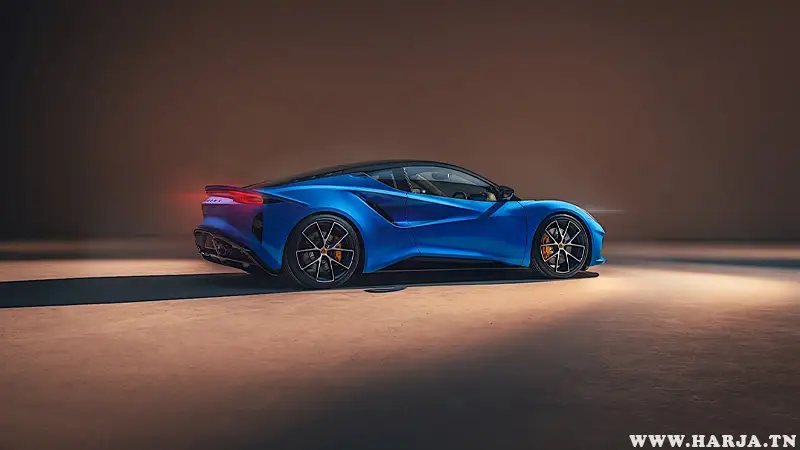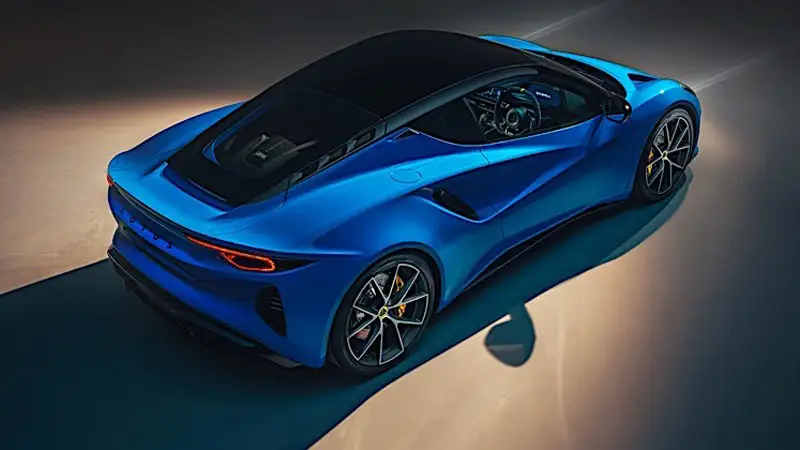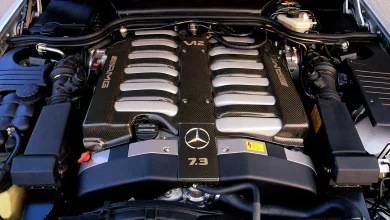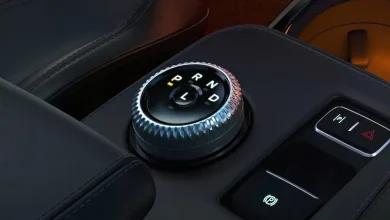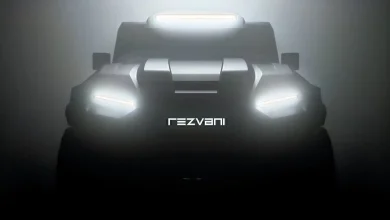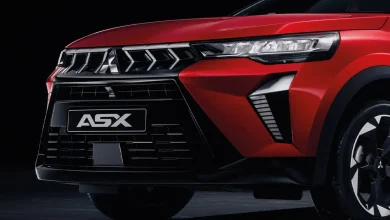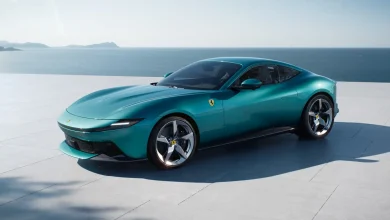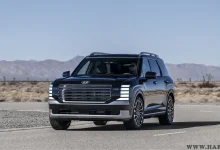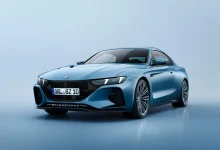Lotus Buys Lotus From Geely, But It’s Still All Owned By Geely

In a move that might raise a few eyebrows, Lotus’s has “bought” itself from Geely. Yes, you read that correctly—Lotus, the iconic British sports car brand, has been acquired from its parent company, Geely, in what seems like a paradoxical transaction. But before you start thinking of this as some wild corporate game, there’s more to this story than meets the eye. While Lotus now technically owns itself, Geely still holds the reins.
A Corporate Move With a Twist
The situation is as curious as it sounds. Geely, the Chinese automotive giant that already owns Lotus, has transferred the ownership of Lotus to a newly formed subsidiary. That means Lotus now technically owns itself, but only within the corporate structure controlled by Geely. So, while this move appears to give Lotus more autonomy, the ultimate decision-making power remains firmly in Geely’s hands.
This maneuver is part of a larger restructuring effort that sees Lotus focusing more on its future as a high-performance electric vehicle (EV) manufacturer. By creating a more independent entity, Lotus will be able to streamline its operations and push forward with its ambitious plans for the future—without being bogged down by the overarching influence of Geely’s other global brands.
Geely’s Steady Hand on the Wheel
Despite the symbolic independence of Lotus, Geely’s grip on the company is as strong as ever. Geely continues to control the majority of shares in the newly formed subsidiary, meaning it still holds the strategic cards in the deck. So, while Lotus may now have the freedom to chart its own course in terms of branding and design, it’s still very much part of the Geely empire.
This move, therefore, is less about giving Lotus full independence and more about allowing the brand to operate with more flexibility in a rapidly changing automotive landscape. Lotus will have more freedom to push the envelope with its EV plans, but Geely’s influence will continue to ensure that the company’s trajectory aligns with its broader global strategy.
Lotus’s Electric Future, Under Geely’s Wing
The real driving force behind this move is Lotus’s transition into the electric vehicle market. The British marque has long been known for its lightweight sports cars with razor-sharp handling, and now it aims to bring that same ethos into the world of electric performance. Geely’s backing, coupled with the newfound flexibility within the Lotus brand, will allow the automaker to focus on creating innovative, high-performance EVs that could reshape its identity for the modern era.
In particular, the upcoming electric sports car models are expected to blend the brand’s rich heritage with cutting-edge EV technology, targeting a new generation of enthusiasts. However, while Lotus may have bought itself, it still remains firmly tethered to Geely, who is steering the ship toward its electrified future.
A New Chapter, But With the Same Overarching Vision
So, what does this all mean for Lotus enthusiasts? In essence, it means the brand is going through an exciting phase of transformation, with more room to innovate and create new products. At the same time, Geely’s steady oversight ensures that Lotus doesn’t veer too far off course.
This acquisition, or rather, this “self-acquisition,” is a symbol of the changing times for Lotus. It marks a shift in how the brand will operate, yet doesn’t alter the fundamental reality that Geely remains the controlling force. Lotus is stepping into a new chapter of its long history, with Geely providing the resources and stability to make sure the company continues to thrive—just with a little more freedom to do so on its own terms.
It’s a move that offers promise and potential, but for now, it’s clear: Lotus may have bought itself, but it’s still very much a part of Geely’s global vision.
